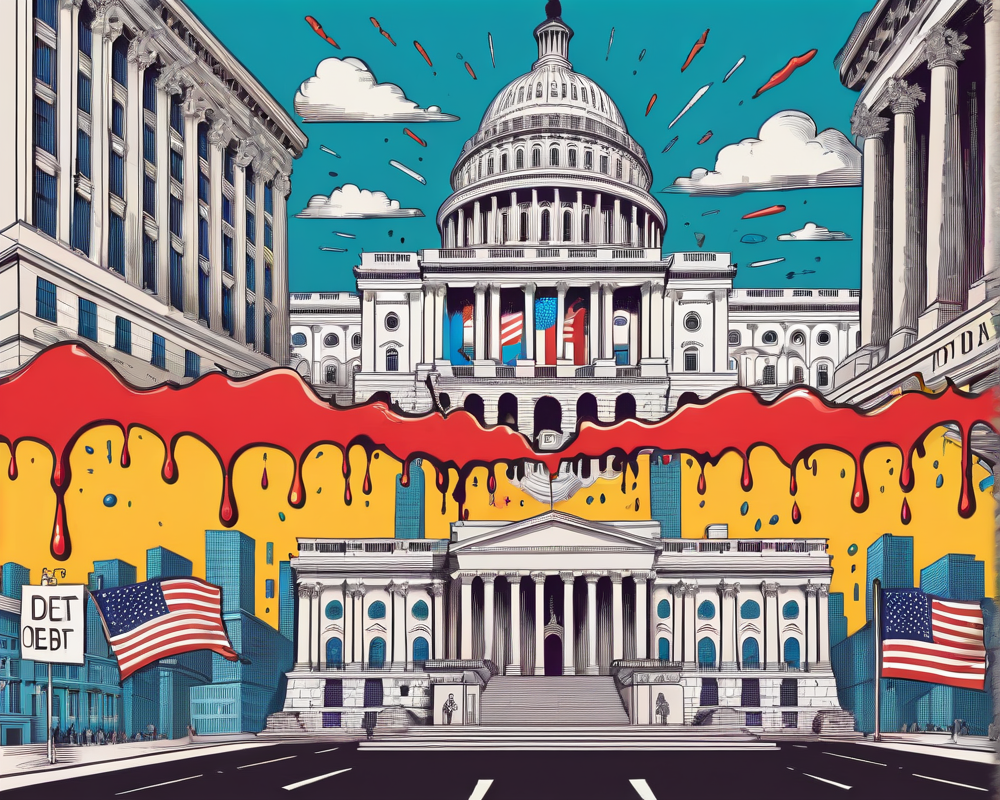The looming threat of government default
The U.S. government is facing more drama than a reality TV show, with the potential to stop honoring its financial obligations by June. According to the latest scoop from the Congressional Budget Office (CBO), America could be in hot water due to hitting its debt ceiling—$31.4 trillion, to be precise—this past January. Buckle up; it’s going to be a bumpy ride.
Why June is the month to watch
So, why June? The CBO has it on good authority that if Congress doesn’t budge on the debt limit, the nation could find itself unable to meet all its obligations. In plain English, they might run out of cash. Forget about payday; this is more like going to the bank and finding your account overdrawn. As they put it, “there is a significant risk that at some point in the first two weeks of June, the government will no longer be able to pay all of its obligations.”
The budget deficit: a growing beast
The CBO isn’t just worried about June; they’re forecasting a federal budget deficit of a whopping $1.5 trillion for 2023. You might think politicians would find a way to cut that down, but nope! That’s $100 billion more than what they projected just a couple of months ago. It’s like saying, “We’ll order one pizza” but ending up with a full buffet—because who can resist extra slices?
Supreme Court’s potential game-changer
Add an unexpected twist into our financial soap opera: the ongoing Supreme Court case concerning student loan debt cancellation could play a starring role in affecting government revenue this year. If the court denies the relief, you can bet there will be a financial ripple effect that could worsen that deficit. Just as you thought things couldn’t get more complicated, along comes a legal battle.
Our debt trajectory: a straight climb upwards
Hold on tight, as the CBO’s crystal ball sees no end to this deficit growth. They’ve projected that annual deficits are set to nearly double over the next decade, rocketing up to around $2.7 trillion by 2033. It’s like we’re on a rollercoaster that just keeps climbing—no descent in sight. This means by 2033, the national debt might soar to 119% of GDP. That’s not just high; it’s historically unprecedented.
What it all means for ordinary folks
So why should you care? Because a government default is more than just a fiscal abstract; it could mean serious consequences for everything from job stability to interest rates. The vibe around town could shift from ‘cautious optimism’ to full-on panic mode. If you’re not already considering how this financial circus might impact your personal finances—such as retirement or mortgage rates—it might be time to start.




